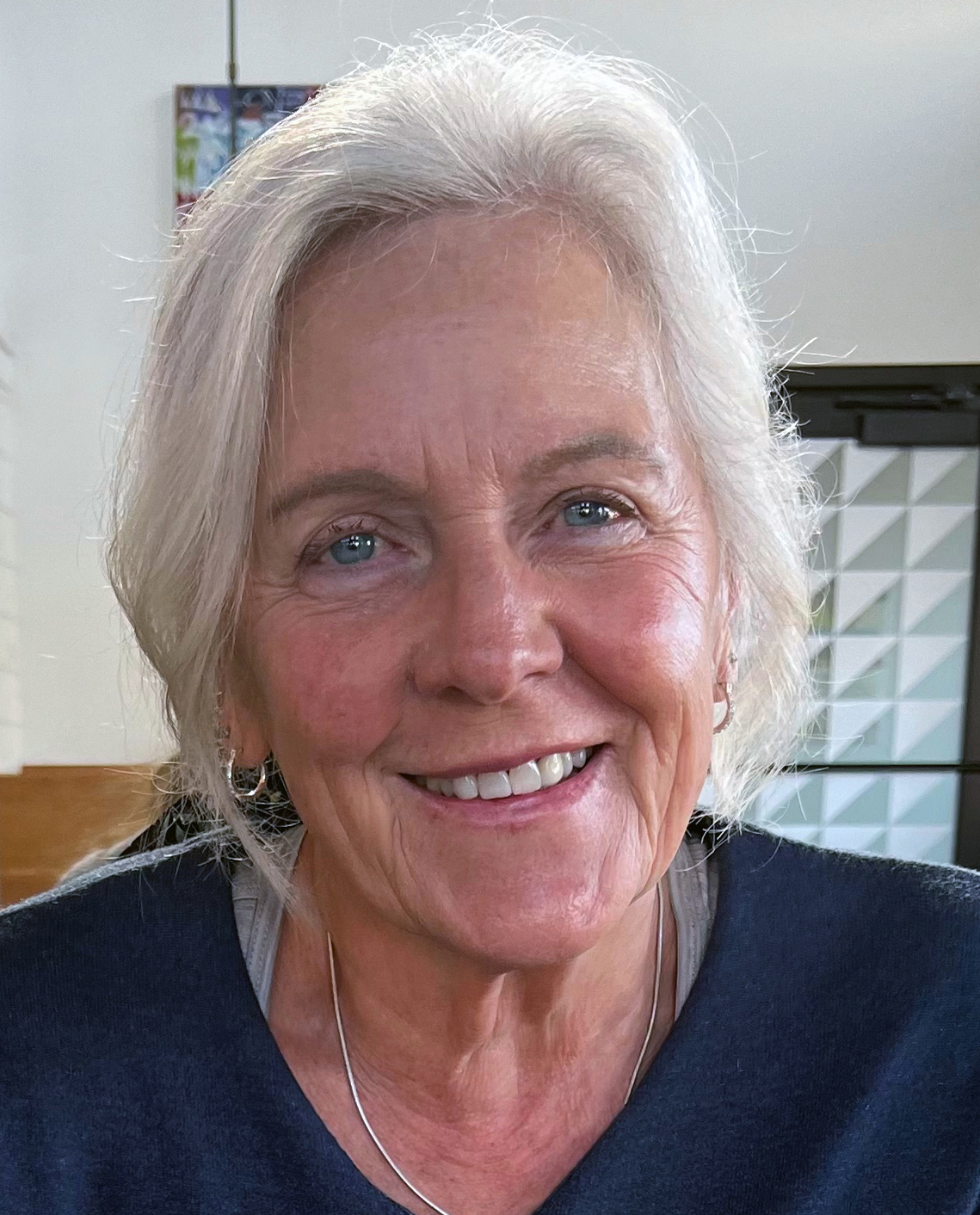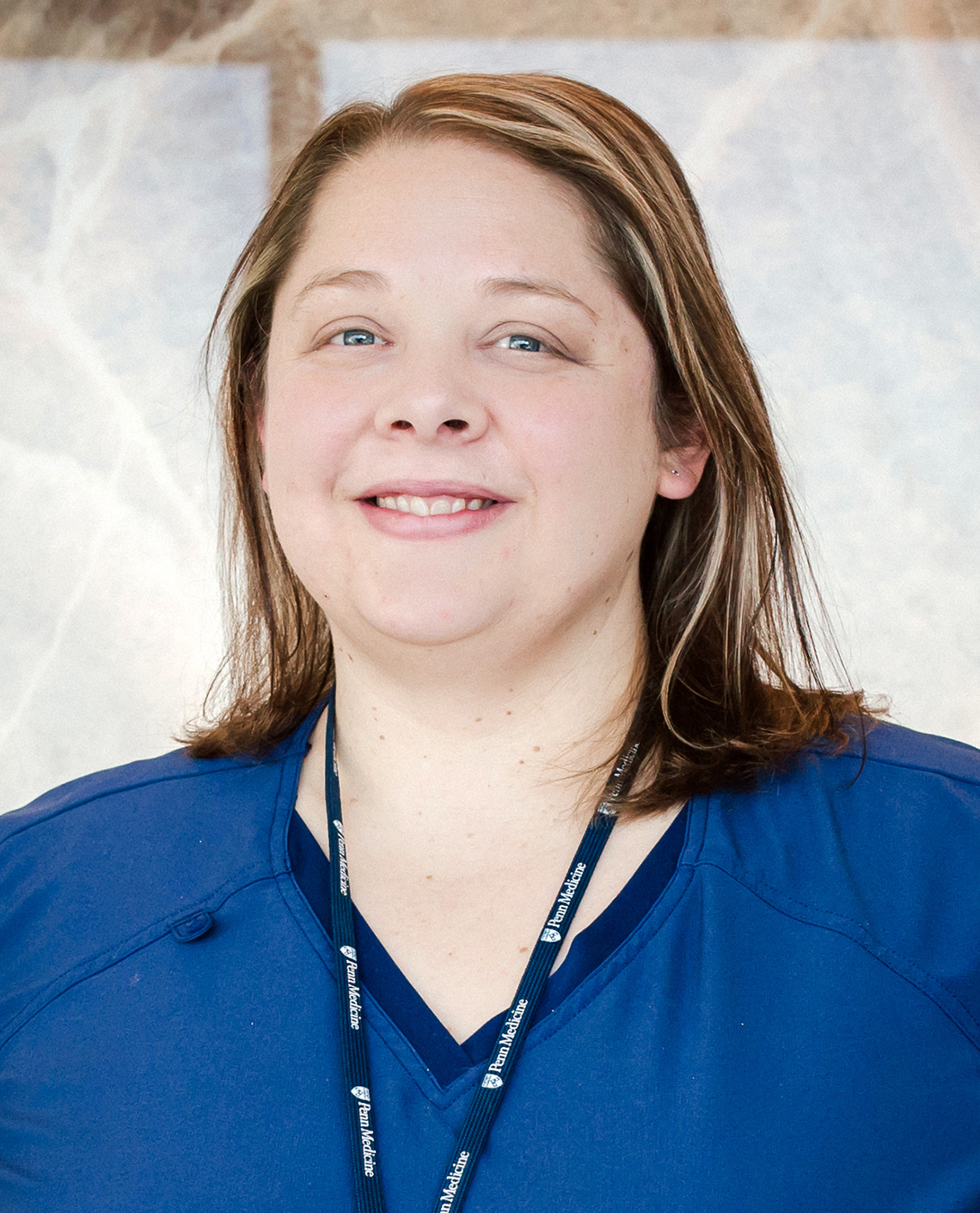Advance Care Planning
Advance care planning (ACP) is an integral part of treatment planning that supports patients at any age or stage of health in understanding and sharing (https://www.jpsmjournal.com/article/S0885-3924(16)31232-5/fulltext) their personal values, life goals, and preferences regarding future medical care. ACP is individualized to each patient’s unique circumstances, with more support and specific decision-making provided as the planning progresses. It’s particularly important for patients with cancer, but communication challenges can delay ACP initiation.
A holistic approach to ACP involves the oncology team conducting conversations with patients about goals of care (https://www.ons.org/cjon/25/3/advance-care-planning-having-goals-care-conversations-oncology-nursing) to reduce symptoms and improve quality of life. As part of the nurse’s obligation to provide holistic, patient-centered care, the oncology nurse educates patients and facilitates ACP discussions to ensure they are involved in their care planning and have made decisions in alignment with their values and priorities.

“For those of us who have implemented ACP programs, conducted ACP conversations with patients and their families, facilitated the creation of care plans consistent with the individual’s goals and values, and observed the impact on end-of-life decision-making, the evidence is clear that ACP works and is a service that ideally be integrated into routine, quality care,” Linda Briggs, MS, RN, MA, cofounder and consultant of research and program development at Respecting Choices (https://respectingchoices.org/), an internationally recognized advance care planning program, said.
Briggs said that because patients trust their oncology nurses and rely on them for support, especially during an advanced cancer diagnosis, nurses are perfectly positioned to educate patients about ACP and implement the plans throughout their care. Patients also report that they feel comfortable with nurse-led discussions on health-related values and consider them helpful (https://www.jpsmjournal.com/article/S0885-3924(19)30233-7/fulltext).
ONS member Rachel C. Mea, MSN, RN, OCN®, clinical practice leader at the University of Pennsylvania Health System’s Penn Medicine in Philadelphia, is a testament to that trust. “Nurses develop a deep, trusted relationship with patients, and sometimes nurses tend to be the ones to start the conversation with the provider teams about having goals of care conversations,” Mea explained. “Additionally, nurses need to know the plan. Spending 12 hours a day at the bedside, nurses want to ensure they are providing the best care possible as treatment goals and patient wishes evolve during the patient’s stay.”
AD Screening at Admission Encourages the Interprofessional Team to Introduce ACP

Although an important part of comprehensive care, one study indicated that only one in three U.S. adults have completed an advance directive (https://www.healthaffairs.org/doi/10.1377/hlthaff.2017.0175) (AD), which can be one desired outcome of ACP. “Establishing an AD assists providers and patients in ACP by allowing the patient to have a voice in their care, express their values, and provide a guideline for the provider to follow during treatment,” Mea said. She and her team identified a need to increase AD documentation at Penn Medicine after discovering that their previous process underused nurses in completing the documentation.
In the process at Penn Medicine, nurses screen for ADs at admission but report that many patients do not complete an AD or do not have one on file in the electronic health record. Mea’s team developed an initiative to increase AD documentation using an online platform called Our Care Wishes that could also be linked to a patient’s electronic health record. The team implemented the program in Penn Health’s gynecologic oncology population.
They formed an interprofessional team by partnering nurses and social workers at Penn Medicine. The duo held consultations with patients who were interested in completing or who might benefit from more information about an AD. Mea said that they also created pathways to inform the outpatient attending nurse that a new AD was created while that individual was inpatient and for the outpatient social worker to provide follow-up assistance for patients who are reviewing the information at home.
Mea and her team presented their findings (https://ons.confex.com/ons/2022/qi/eposterview.cgi?eposterid=2122) at the 47th Annual ONS Congress® in Anaheim, CA, in April 2022. They reported that since January 2021, the program had 430 referrals that led to 360 AD conversations. As of January 2023, the team completed 90 new ADs, or about 0.87 per week, a 2.5- to 3-fold increase over the preintervention rate. Mea’s team also tracked hospice length of stay and hospital readmissions to determine if an increase in AD documentation would have an indirect positive effect during the time of the project.
Penn Medicine has several plans to grow the program, Mea said, beginning with the outpatient clinic in fall 2023 with the help of nurse champion, DNP student, and fellow ONS member Ellen LeGrand, RN, BSN, OCN®.
“We are contributing to a solution,” Mea said. “This intervention will not change all the metrics we are looking to improve. However, it will be a tool in the toolbox.”
Implementing ACP Programs Into Practice Increases Nurse Competency and AD Completion Rates
Briggs has worked with multiple communities in the United States, Canada, Australia, Singapore, Germany, and Spain to implement Respecting Choices’ ACP programs (https://respectingchoices.org/overview-of-programs-and-services/). She said that she recommends that healthcare systems and communities integrate a staged approach to ACP conversations into the standard protocols for caring for a selected population. For example, Briggs said that cardiac, pulmonary, and cancer programs have elaborate processes to assist patients in managing chronic or life-limiting illnesses, all of which offer ripe opportunities to teach patients about ACP.
“At a cancer center in a large healthcare system, I helped the cancer team design a variety of ways to introduce ACP to their patients from the beginning of their cancer treatment journey,” Briggs said. “Upon admission to the cancer center, all patients regardless of their prognosis were offered ACP by the team’s social worker (a certified ACP facilitator) as a component of their intake assessment and assistance with supportive services.”
The cancer center implemented Respecting Choices’ First Steps (https://respectingchoices.org/types-of-curriculum-and-certification/) ACP program, which motivates patients to learn about the importance of planning for an unexpected event that leaves the individual unable to make healthcare decisions. After introducing the program, the cancer center saw a 48% rate of acceptance of patients taking steps to understand the ACP process. In addition, Briggs said that many patients also completed an AD and named a surrogate decision-maker.
“More importantly, the patients became oriented to goals-of-care conversations that would prepare them for future decision-making challenges if their illness progressed,” Briggs said. “After being introduced to the program, patients were offered a second invitation a few months into their treatment to foster motivation to participate. For patients whose cancer progressed to more serious complications, a nurse or nurse practitioner certified in the Next Steps ACP conversation held a more specific ACP conversation focused on expected complications and related life-sustaining treatment decisions. For example, a patient with advancing lung cancer would be presented with the opportunity to explore their goals for treatment for respiratory failure.”
Respecting Choices faculty also helped to implement an ACP program with a quality improvement team at the Moffitt Cancer Center in Tampa, FL. Briggs said that the team wanted to assist patients in understanding their cancer diagnosis and treatment options, participate in goals-of-care conversations, and decrease end-of-life decision-making conflicts. They selected a group of nurses, physicians, social workers, and chaplains to be trained in the Respecting Choices’ ACP facilitation skills.
“During the first wave of implementation in the blood and marrow transplant (BMT) program, ACP facilitation increased the AD completion rate (https://www.liebertpub.com/doi/10.1089/jpm.2016.0088) from 41% to 93%,” Briggs said. “Of the BMT recipients who died, median hospital length of stay decreased from 27 to 22 days with no ethics consults needed for complex decision-making.”
The Respecting Choices ACP program uses implementation strategies and techniques centered around a synergistic microsystems approach (see sidebar) to ultimately change a healthcare system or community’s culture—improving person-centered decision-making behaviors rather than merely having patients complete documents. Typical implementation occurs over one to three years.
Communication Is Key
When implementing new ACP programs and practices, oncology nurses must consider the audience or level of impact. Mea suggested that oncology nurses working at the patient level normalize ACP discussions with patients because having those conversations early and often can help shape their cancer care trajectory. At the institutional level, Mea recommended that oncology nurses conduct an assessment to understand the current ACP process and metrics and identify the key interprofessional stakeholders. Conducting ACP conversations may also affect institutional metrics such as hospital length of stay, readmission, and chemotherapy at the end of life.
At the community level, Briggs recommended that oncology nurses develop ACP materials for cancer care delivery sites (e.g., cancer clinics, chemotherapy infusion centers, surgery, cancer support groups), including educational materials that outline the ACP process and contact information for patients to request assistance with ACP. In addition, oncology nurses can engage communities with targeted activities, including ACP group facilitation for patients with similar diagnoses or disease-specific support groups. Oncology nurses can also use social media and engagement tools; Briggs suggested the personalized social healthcare network Patients Like Me (https://www.patientslikeme.com/) to help patients learn from each other and find new ways to cope with their current and future diagnoses.
“Nurses can work to improve their communication skills in facilitating ACP conversations—conversations that make a difference, especially for patients with serious illness and their families,” Briggs said, such as by:
- Exploring patients’ understanding of their diagnosis, prognosis, and complications and assisting them to identify their questions for the interprofessional team
- Helping patients to clarify their values and goals
- Creating an environment where families and healthcare agents can learn about what is most important for patients to live well as well as how they can make substitute decisions
- Exploring patients’ treatment goals and maintaining hope for the best outcomes—while planning for the worst
- Providing information on the benefits and burdens of potential life-sustaining treatments
- Making referrals as needed
- Documenting and communicating ACP conversations to provide transparency for the interprofessional team
“Developing an AD or starting ACP should not just wait until patients are sick or older,” Mea said. “Having a plan in place can improve quality of life as a patient progresses through the cancer journey.”
